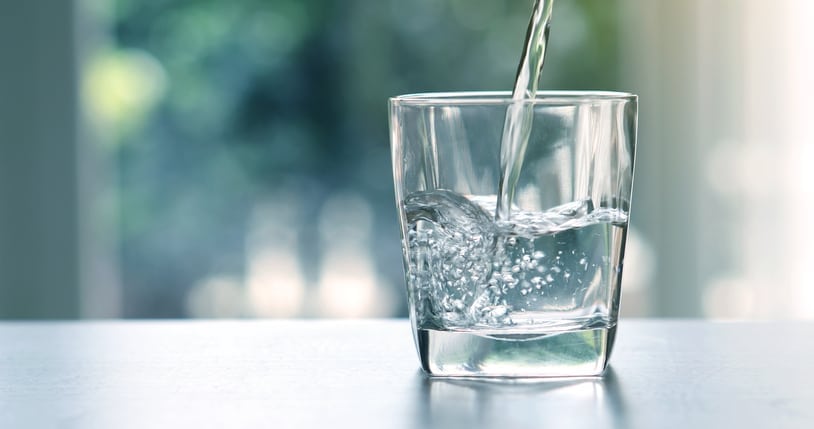It’s summer – and the warm temperatures are FINALLY here!
You’re probably heard the reminders to drink plenty of water to avoid dehydration, but did you know that by drinking water and avoiding dehydration you can reduce the changes of getting kidney stones?
It’s true. Dr. Joshua Stein is a urologist with the Tallwood Urology and Kidney Institute at The Hospital of Central Connecticut.
Q: Do kidney stones happen to people more often in the summer months?
A: Yes. Many individuals become dehydrated because they’re losing fluid through sweat. It’s important to recognize in these summer months if we’re sweating because of the heat we actually have to drink a lot more to stay hydrated.
Imagine pouring salt into a cup of water. If you pour enough salt into the water, it eventually will start to come out, or precipitate at the bottom if you will. The same thing happens in the kidneys if there are electrolytes in them, but not enough fluids. They will start to precipitate. That is what causes kidney stones.
Q: What are kidney stones?
A: Kidney stones are “rocks,” hard deposits of salt and minerals that form in the kidney. If they’re just sitting in the kidney, they don’t usually cause any problem. It’s when they break free and get stuck in the ureter tube (which brings urine from the kidney to the bladder) that they cause problems.
Q: What do people typically feel if this happens?
A: The most common symptom would be pain in the back or side. Sometimes that pain is accompanied by nausea, vomiting, fever, chills and, occasionally, blood in the urine.
Q: At what point should someone seek help for kidney stones?
A: If you feel severe pain, especially accompanied by a fever, it’s important to get to get a medical evaluation. At that point, a medical professional can assess where the stone is located, its size, and the likelihood that’s it’s going to pass on its own.
Kidney stones? The Tallwood Urology and Kidney Institute can help. Learn more here, or call 1.855.HHC.HERE (1.855.442.4373).

